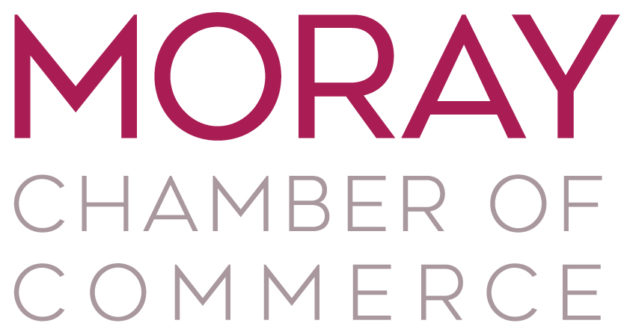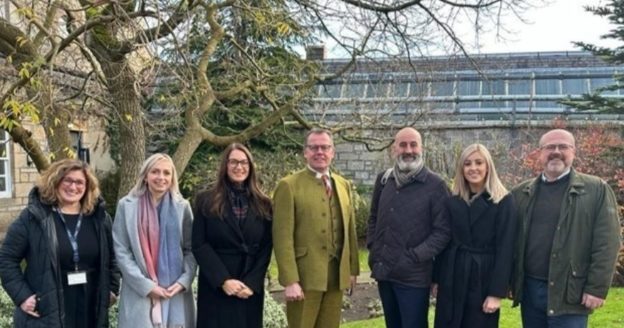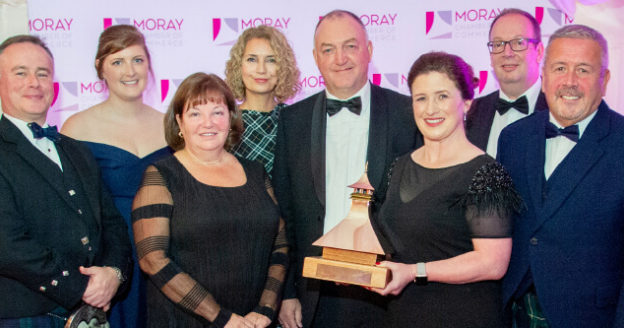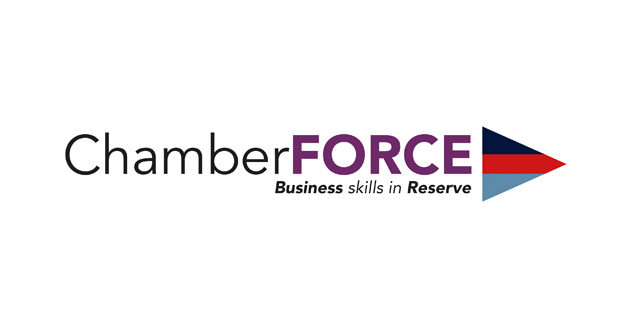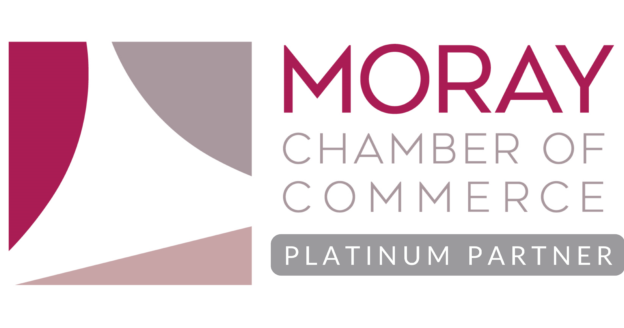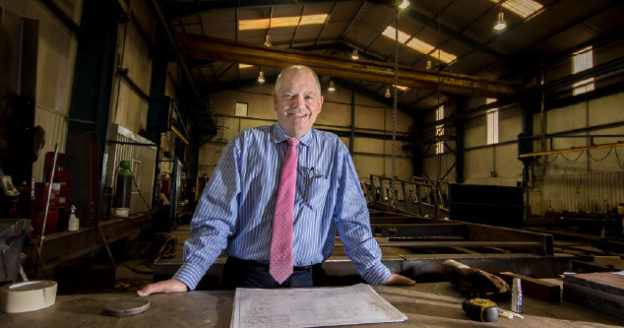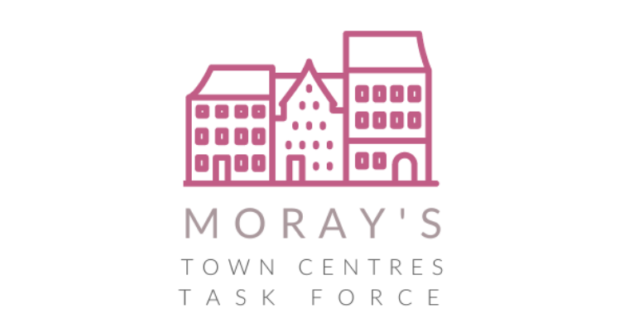Chamber News
SCC QUARTERLY ECONOMIC INDICATOR: Q2 2024 REPORT
10 July 2024 • Sarah Medcraf
The leading business survey shows that confidence and trading conditions have improved slightly among Scottish firms, albeit it remains at a relatively low base.
The Scottish Chambers of Commerce’s Quarterly Economic Indicator also reports continuing investment and recruitment challenges alongside increasing concern from taxation. Scotland’s largest business network is now calling upon government north and south of the border to deliver a long-term economic plan, which supports a just transition, address skills shortages and unlocks investment across the country.
Taxation overtook inflation as the leading concern, while fears over competition saw the largest increase (40%) compared to the previous quarter (30%).
Cashflow & Profits:
Q2 has seen significant improvement in terms of cashflow and profits for firms - particularly profits - with growth on balance recorded for both trends.
Investment:
Investment trends are generally positive, with growth recorded on balance across all trends. Around four in 10 are holding back on investment which has slightly reduced since the previous quarter.
Labour Market:
Labour market concerns have increased to 55% reporting recruitment challenges for the quarter compared to 47% in the last quarter. This has been driven by increases across the retail and tourism sectors.
Sales:
All sales trends saw strong growth on balance with domestic sales seeing the most significant increase compared to the previous quarter.
Cost Pressures:
Labour costs remained the leading cost pressure by a considerable distance, being cited by three quarters of firms. Other significant pressures such as energy costs and raw material prices saw slight easing over the quarter.
Concerns:
Inflation and taxation remain the leading concerns but did see slight easing over the quarter. Taxation (52%) overtook inflation (50%) as the leading concern. Concern from competition saw the largest increase (40%) compared to the previous quarter (30%).
Price Rises:
The number of firms indicating they expect to increase prices fell slightly from the previous quarter, down to 45% this quarter compared to 50% in Q1 2024.
Read the full report HERE
Sarah Medcraf, CE of Moray Chamber of Commerce said: “It’s no surprise that recruitment difficulties have increased by 7% in the last quarter, almost daily Moray Chamber of Commerce is having discussions with its members on both the talent and labour challenges within Moray businesses. If they are lucky enough to get the people you need, the cost of these people is impacting 75% of businesses.
"We need to do more to invest in our own workforce, grow our own and retain and attract people to Moray. I am pleased to see that the consistent feedback of frozen investment is reversing slightly, but this needs more and quickly to support our economy and our public finances”



Stephen Leckie, President of the Scottish Chambers of Commerce said: “Taxation continues to concern firms, to the extent that the issue has overtaken inflation as the leading concern.
“This is having a major impact in attracting and retaining talent in Scotland, contributing to the significant labour challenges many businesses are already experiencing. Divergence on personal taxation has exacerbated the issue.
“Businesses will be looking to both the Scottish and UK government to set out long-term plans to address the current state of taxation which is impacting growth, investment and talent.”
Recruitment difficulties increased from 47% to 55% compared to the last quarter, largely driven by challenges across the retail and tourism sectors. Labour costs are impacting three quarters of firms.
Mr Leckie added: “Our report shows that over half of Scottish businesses are continuing to experience significant costs and challenges with attracting and retaining the talent they need.
“More restrictive changes to the immigration system made earlier this year, the increase in the national minimum wage, and skills shortages, are all adding pressure on employers.
“The UK Government should address this by introducing a skilled migration strategy which is tailored to the needs of the Scottish economy and restore our reputation as a welcoming and open destination for international students to study, live and work.”
In response to the SCC survey findings on increased concern from taxation, Deputy First Minister Kate Forbes told BBC Radio Scotland’s Good Morning Scotland programme:
“In terms of taxation more generally, we do need to keep it under review.
“We have seen the figures from HMRC over the last few years show that there’s still more people coming into Scotland than leaving Scotland, which is important when it comes to recruitment.
“If you look beyond 2017 basically, at the graph, you see a rise across all wage bands of people choosing to move to Scotland, but we said from the moment that tax was devolved that we needed to keep the behavioural impact under review because we do want to attract people to Scotland and I take the comments that the chambers have made seriously.”





